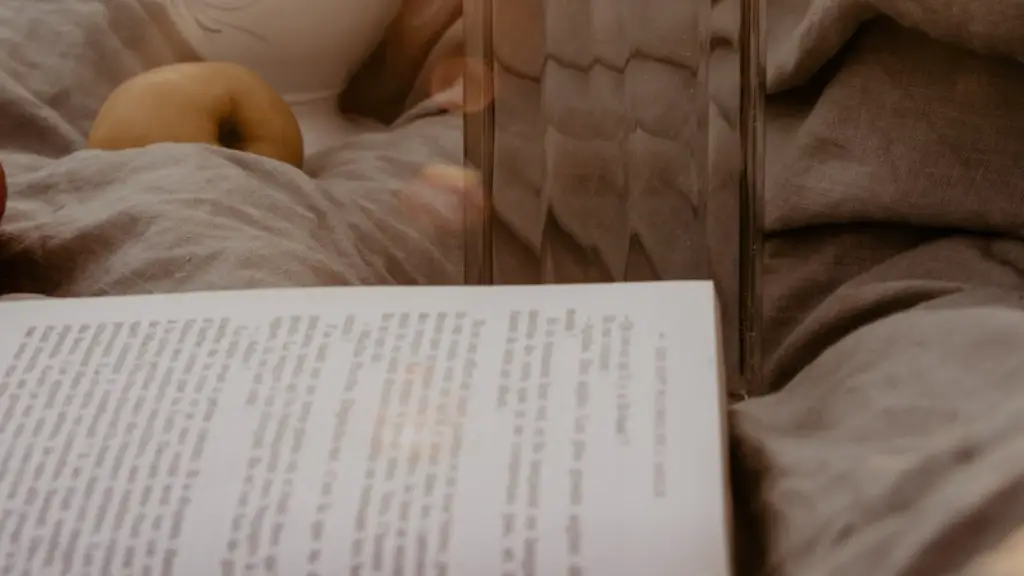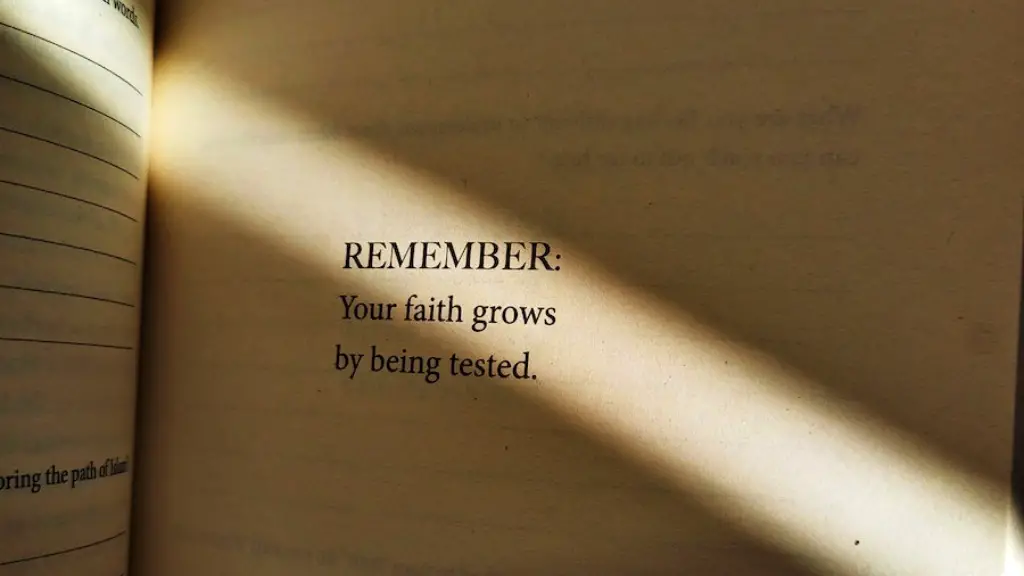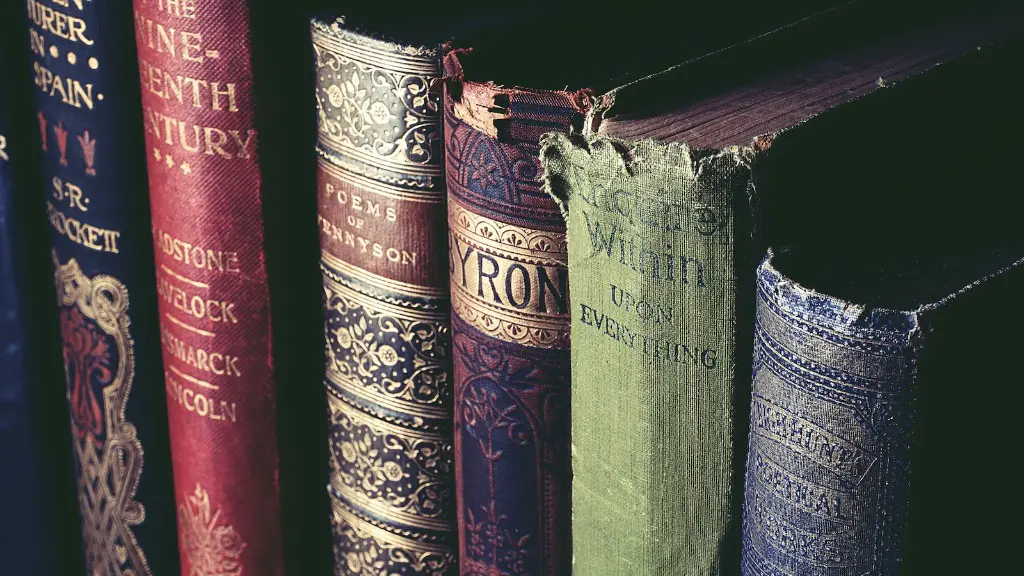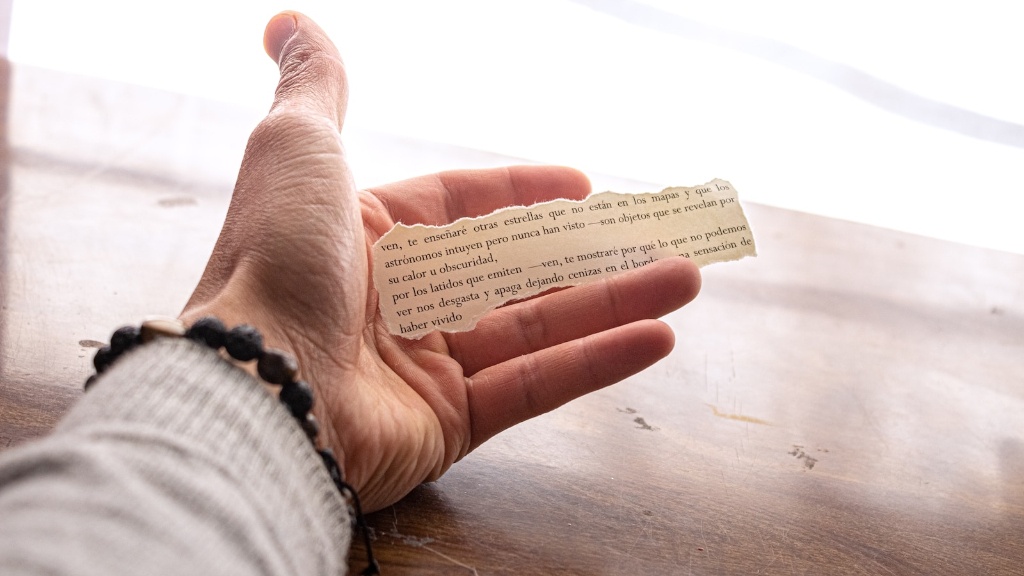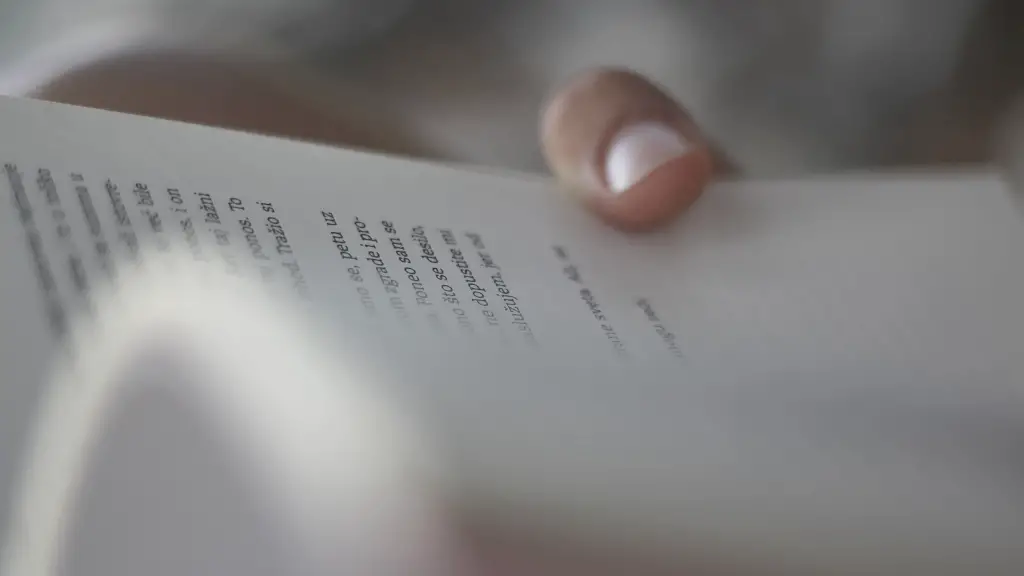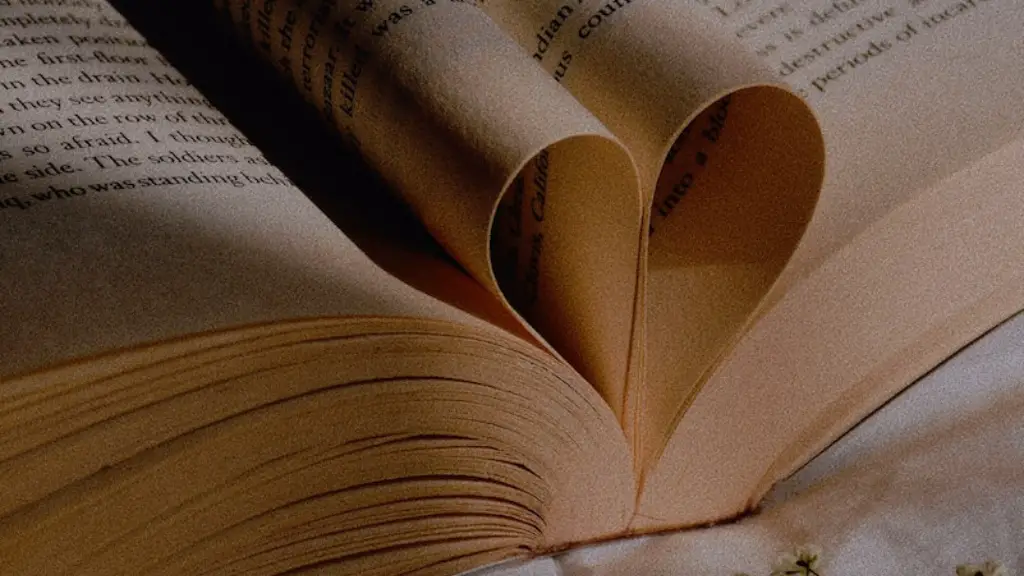How is Music and Poetry Similar?
Poetry and music have become important components of our culture throughout history. Musicians and poets have used these art forms to express emotions, convey messages, and speak to the soul. But what is the connection between poetry and music? In what ways are they similar?
The French poet and critic, Paul Valéry said, “Music and verse are so closely allied that there’s scarcely a point of difference between them.” Indeed, there can be many similarities between music and poetry. Both art forms use rhythm and words to deliver their stories, both rely heavily on the audience’s interpretation, and both can evoke powerful emotions in their listeners.
The most obvious similarity between poetry and music is in their use of rhythm. Music uses a regular and repeated pattern of sound, known as rhythm, to keep its listeners engaged. Poets use a similar kind of rhythm when they craft their words. This rhythm is used to create a certain atmosphere or tone and helps the poet to express an idea. Furthermore, both musical and poetic rhythms rely heavily on the context in which they are used. For example, a poem read in a quiet voice may create an atmosphere of contemplation, while a poem read aloud with gusto will create an exciting atmosphere.
Another feature that is shared between music and poetry is their reliance on the audience’s interpretation. While music relies heavily on melodies that are interpreted by the listener, poetry relies on words that often take on different meanings depending on who is reading it. Poets craft lines of words in such a way that different readers will often come away with different interpretations. Music, likewise, allows for individual interpretation, with many people arriving at different meanings from the same piece.
Finally, both music and poetry have the power to evoke powerful emotions in their listeners. Music can instantly move people to tears or fill them with joy, while a poetic line can bring back painful memories or inspire someone to take action. Both art forms can be used to tap into the listener’s innermost feelings and thoughts.
It is clear that there are several similarities between music and poetry. These art forms use rhythm, rely on the listener’s interpretation, and have the power to evoke powerful emotions. While they may have different expressions and approaches, they ultimately have the same purpose: to bring joy, provoke thought, and inspire understanding.
Influencing Inner Emotions
Music and poetry often have a shared ability to evoke inner emotions in their listeners. This can be done through a myriad of techniques. For example, both art forms make use of metaphors and similes. Metaphorical language can describe something in a vivid and imaginative way and has the power to stir the emotions of a listener or reader. Additionally, music and poetry often use repetition, which can help to emphasize a certain point or evoke a specific emotion. Finally, both art forms can use silences and pauses to add meaning and depth to a stanza or melody.
The appeal of both music and poetry lies in their ability to reach the depths of the soul. While most writing will merely describe a situation or idea, music and poetry can go beyond that and evoke deep-seated emotions such as grief, joy, and sorrow. This is why these art forms have endured throughout the centuries, and will continue to be important components of our culture.
Musicians and poets often use their craft to bring people together, either through a shared experience or through a message of hope or inspiration. Music and poetry have the power to bring people together and unify them, regardless of their backgrounds or beliefs. It is this kind of power that has enabled these art forms to remain relevant throughout the years.
Breaking Through Language Barriers
In addition to their emotional power, both music and poetry can deliver powerful messages that transcend language barriers. This is because both art forms rely heavily on the tone and rhythm of the words, which can be interpreted by people of different languages and cultures. This can be seen in both ancient and modern works.
From the Hindu Raga’s of India to the traditional Irish ballads, music and poetry can be found throughout the ages and in cultures all over the world. This transnational potential has allowed both art forms to bridge cultural and linguistic gaps, and can be seen in modern works from around the world.
Moreover, both music and poetry often contain subtle messages and implications that can be interpreted differently depending on the listener. This allows musicians and poets to express ideas and feelings that are not easily expressed in words. In this way, music and poetry can be powerful tools for communication, and can help to foster understanding and empathy between different cultures.
Crossing Boundaries Between Different Genres
The connection between music and poetry is seen not only in their similarities, but also in the fact that these art forms often cross boundaries between different genres. This can be seen in the works of musical poets like Bob Dylan and Leonard Cohen, who have used their poetic lyrics to create meaningful and emotive songs. Likewise, many poets have drawn inspiration from musical compositions, taking the melody and blurring the boundaries between literature and music.
In this way, music and poetry can often complement each other, allowing artists to explore new realms of self-expression or to create new forms of art altogether. Many modern bands and poets have successfully blended the two art forms, creating works that are far greater than the sum of its parts.
Incorporating Sounds To Enhance Meaning
One of the most interesting aspects of the connection between music and poetry is the ability of musicians and poets to use sound to enhance the meaning of their works. For example, a poet may choose to use rhyme to accentuate a certain point or increase the emotional intensity of a stanza. Similarly, when writing a song, a musician might choose to use a certain instrument or chord progression to give added depth and texture to their composition. This can be a powerful tool for adding meaning to a poem or song.
It is clear that there is a strong connection between music and poetry. Musicians and poets can use these art forms in conjunction to create emotionally charged works of art. Moreover, the ability of music and poetry to cross boundaries between genres and languages has enabled them to remain relevant and meaningful throughout the centuries.
Exploring Creative Options Through Fusion
The relationship between music and poetry has allowed artists to explore creative and interesting options through fusion. This fusion involves the combining of musical and poetic elements to create a unique and powerful art form. For example, the musical poet Bob Dylan has achieved widespread success by blending his poetic lyrics with musical accompaniment.
In addition to musical poetry, fusion can also be seen in songwriting and music composition. Many modern songwriters and composers combine both musical and poetic elements in their work, and this often results in intriguing and powerful songs.
Ultimately, fusion is a powerful tool for expression and can open up a world of creative possibilities. By combining the best of both worlds, artists can create works that are both emotive and meaningful.
Fostering Empathy and Connection
Music and poetry often have the power to foster empathy and connection between people from different backgrounds and cultures. Music and poetry can speak to the soul, bypassing language and cultural barriers and helping to create understanding between different groups of people.
This has been seen throughout the ages, from ancient lullabies to modern rap and hip-hop. Music and poetry can provide comfort to those who are struggling, or provide a voice for those who don’t have one. They can open up a world of understanding that can be difficult to access through language alone.
In this way, music and poetry have the power to bring people together and bridge the gaps between them. They can be powerful tools for creating understanding and connection, and can help to foster empathy amongst different cultures.
Encouraging Self-Reflection and Insight
Music and poetry can also be powerful tools for self-reflection and insight. Both art forms have the ability to speak to the soul, and can help people to reflect on their own lives and experiences. This can be done through lyrics or poems that convey feelings of love, loss, and hope.
In addition, music and poetry can also be used to explore the complexities of the human experience. Poetry and music can often take the listener on a journey of self-discovery, and can be a powerful tool for exploring one’s own emotions and experiences.
In this way, music and poetry can be incredibly powerful tools for self-reflection and personal growth. By exploring the depths of the soul, these art forms can open up a world of understanding and insight.
